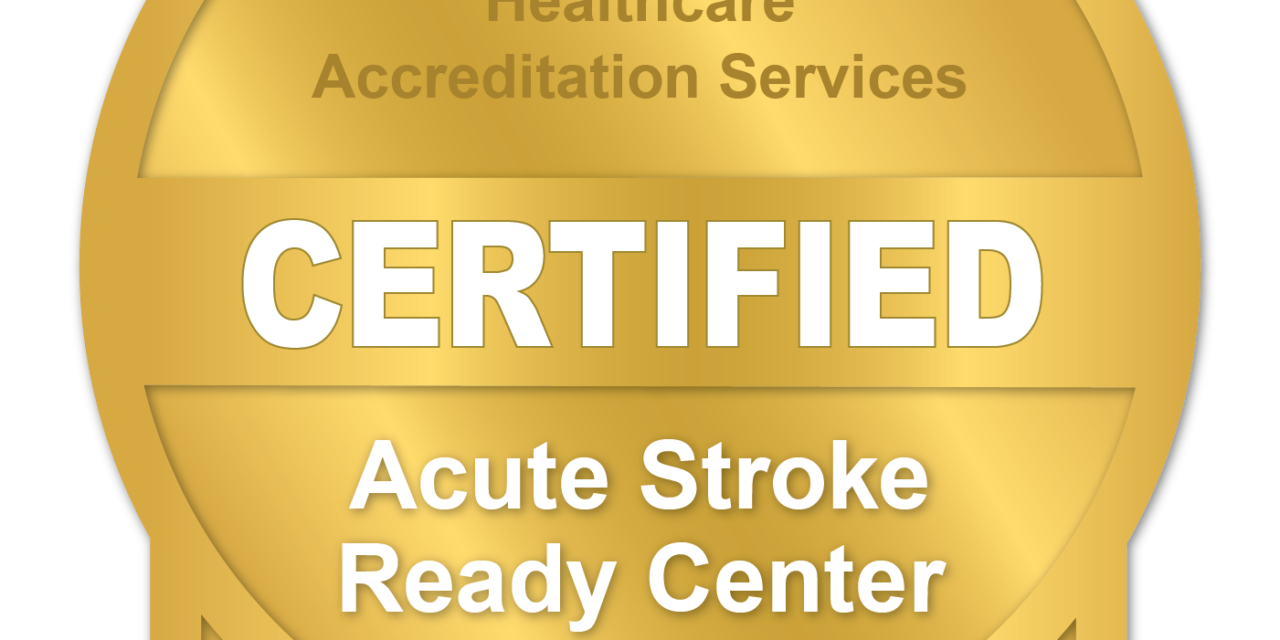TAPPAHANNOCK, Va. – VCU Health Tappahannock Hospital is pleased to announce that it has received certification from DNV as an Acute Stroke Ready Center, affirming the hospital’s readiness to handle strokes and stroke related medical problems.
As an Acute Stroke Ready certified program, VCU Tappahannock Hospital is able to provide a more rapid response for diagnosing and initiating treatment for stroke, with streamlined access to the capabilities of its larger medical center in Richmond. When a stroke occurs, Time is Brain; the faster a patient can get to a certified stroke center, the faster the patient will be diagnosed and treated. Saving this valuable time is known to decrease complications of a stroke.
“This certification lets our community know that we have the resources and commitment to provide the best possible stroke care,” explains Liz Martin, President of VCU Health Tappahannock Hospital. “It represents a combination of the right equipment, personnel and training to quickly assess, identify and treat strokes quickly. This includes the ability to efficiently transfer patients in the instances they require treatment beyond our capabilities. Achieving this certification validates the tremendous effort we have put into this program, to ensure the health and safety of our patients.”
The DNV Acute Stroke Ready (ASR) Certification is derived from evidenced-based standards set forth by the Brain Attack Coalition and the American Stroke Association and affirms that — VCU Health Tappahannock Hospital addresses the initial diagnosis, initial treatment and when necessary, facilitates quick transfer to a specialized stroke center with a higher spectrum of stroke care.
“Achieving certification shows a commitment to excellence,” says Kelly Proctor, President of DNV Healthcare USA Inc. “It helps demonstrate to your community that you are providing the highest level of care that this hospital is designed to offer.”
According to the American Stroke Association, stroke is a leading cause of death, killing nearly 130,000 people each year, and is a leading cause of serious, long-term adult disability. Because stroke or “brain attack” effects blood flow to the brain, rapid and effective treatment can save lives and provide the best chance of limiting the extent of long-term damage.









